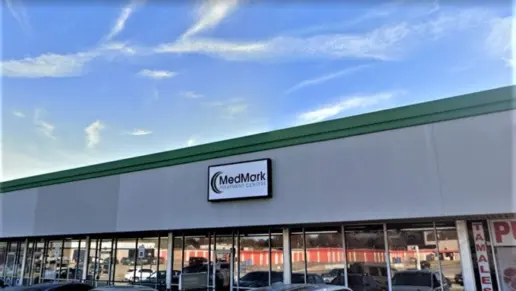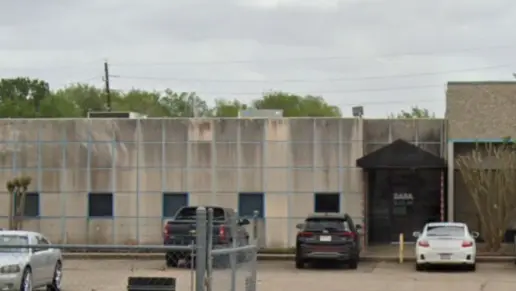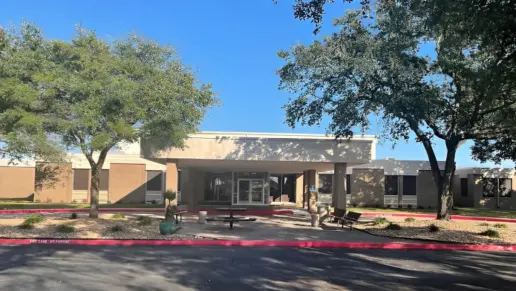About Stages of Recovery Addiction Services
Located in Lubbock, Texas, Stages of Recovery Addiction Services provides outpatient alcohol and drug rehab for adults through partial hospitalization programs (PHPs), intensive outpatient programs (IOPs), general outpatient care, and sober living home services. Their full continuum of care can provide treatment for up to two years.
Stages of Recovery Addiction Services has Joint Commission accredited facilities in Oklahoma and Texas, including the center in Lubbock, Texas. The center offers comprehensive treatment services for substance use disorder and dual diagnosis (co-occurring disorders). They also offer special services for those who’ve experienced trauma. The center accepts commercial insurance, and they’re an in-network provider for many major companies.
While they don’t have a detoxification program, they do have a partial hospitalization program (PHP), an intensive outpatient program (IOP) and outpatient programs (OP). These three phases, which may include sober living in their nearby sober living apartments, form the organization’s Stages of Recovery.
Most people start with the PHP which gives you the same level of treatment as an inpatient program, but you live at home or in a sober living house. The center has two sober living homes, one for women and one for men.
You’ll be at the PHP for about 14-28 days with group therapy sessions six hours per day. While at the PHP, you’ll be able to receive psychiatric treatment and medication management for co-occurring disorders. A co-occurring disorder is a mental health disorder such as anxiety, depression or bipolar disorder. Co-occurring disorders are often a driving force behind substance use.
After the PHP, you might want to step down to the IOP. The IOP meets three to five times per week for three hour group therapy sessions. Like the PHP, you can live at home or in a sober living environment. If you need to return to work or find a job, you’ll have time to do that in the IOP.
In the PHP and IOP, you’ll have individual and group therapy. You’ll learn new life skills and better coping skills. The 12 Step model of recovery is also part of the program. The program uses evidence based therapies such as cognitive behavioral therapy (CBT), dialectical behavior therapy (DBT), rational emotive behavior therapy (REBT) and motivational interviewing (MI). You’ll also have random drug screenings.
Once you’ve completed the rehab programs, there’s an outpatient program (OP) to help you continue with aftercare long term. You’ll continue to have psychiatric sessions if appropriate as well as ongoing individual therapy to support you with lifelong sobriety.
Latest Reviews
Rehab Score
Accepted Insurance
Other Forms of Payment
Private insurance refers to any kind of healthcare coverage that isn't from the state or federal government. This includes individual and family plans offered by an employer or purchased from the Insurance Marketplace. Every plan will have different requirements and out of pocket costs so be sure to get the full details before you start treatment.
Self-pay involves paying for treatment out of your own pocket. You can use savings or credit, get a personal loan, or receive help from family and friends to fund your treatment. If you don't have insurance or your insurance plan doesn't cover a specific program, self-pay can help ensure you still get the care you need.
Addiction Treatments
Levels of Care
Programs

Clinical Services
Individual therapy offers you a confidential space to address the complexities of your drug or alcohol addiction. Your therapist guides these personalized sessions to help develop self awareness and manage stress. This promotes sustained sobriety and overall well being.
Peer support is an important aspect of group therapy sessions for drug and alcohol addiction. As you and your peers share stories and encourage each other, it fosters a sense of community and belonging that helps you process your feelings and reduces the sense of isolation that is associated with addiction.
Contact Information
4705 66th Street
Lubbock, TX 79414







